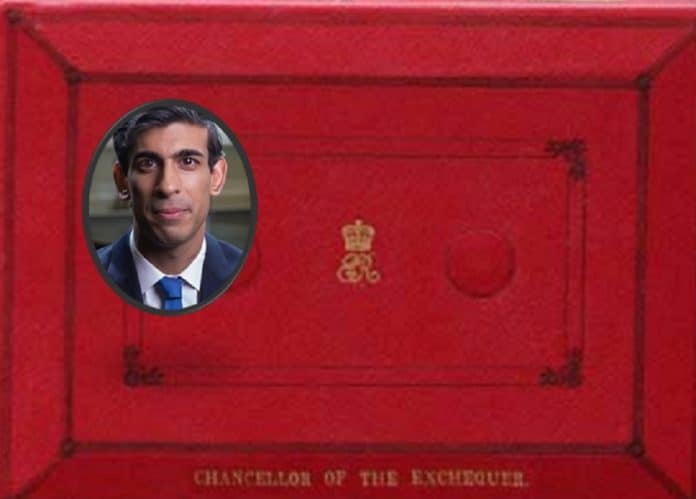Chancellor Rishi Sunak has used his Budget speech to set out plans to save jobs and stop businesses collapsing as the country emerges from the coronavirus crisis which has seen it facing the biggest national debt for half a century.
Key highlights for businesses include:
- An extension of furlough to September, paying up to 80 per cent of staff wages, a scheme he said he was “one of the most generous of its kind” in the world.
- A £5bn grant scheme to help struggling High Street shops and hospitality firms in England reopen. Grants would be worth as much as £18,000 per firm,
- Nearly 700,000 shops, restaurants, hotels, hair salons, gyms and other businesses will be eligible for the so-called “restart grants.
- Tens of thousands of small businesses will be offered free MBA-style management training to help them boost productivity growth, the Chancellor has said. Under the so called “Help to Grow” scheme, the government will plough £520m into free online courses from top business schools.
- A £126m traineeship scheme, which sees the government pay employers who give young people work placements. Currently the government pays firms £2,000 per trainee, but this will rise to £3,000. He’ll also create a new “flexi-job” apprenticeship in England that will enable apprentices to work with a number of different employers in one sector.
Response was immediate and mixed. James Mcleod, VP EMEA at future work experts, Faethm, said the furlough extension “poses as many questions as it answers”. He added: Yes, it will continue to provide critical stimulus for the economy, but it remains a short-term lifeline for businesses. Questions around the long-term impact of the pandemic on unemployment remain unanswered.
“How will the government ensure jobs remain for those who have been furloughed? How do we ensure returning workers have the skills required to fulfil these roles? Or to generally remain employable?
The Chancellor also needs to think about job support over the long-term and not just for now
“The Chancellor has emphasised that the government is ‘throwing absolutely everything’ at the problem of unemployment, but tackling the source of the problem – skills – rather than working around it, is the solution.”
And Nigel Morris, employment tax director at MHA MacIntyre Hudson, said extending furlough was the right call but should go hand-in-hand with a return of the Job Retention Bonus scheme and a scaled back, more permanent furlough scheme on the continental model.
“Employers need further incentives to get furloughed employees back to work. The Chancellor also needs to think about job support over the long-term and not just for now,” he added.
Jason Oakley, CEO of Recognise Bank, Britain’s newest SME lender, said: “Britain’s growing businesses are a tough and confident bunch, and the bosses I talk to say they are looking forward to things opening up in the Spring and getting back to business. But many have been hit hard by restrictions and lockdown, with almost half of all small hospitality companies telling us they wanted the furlough scheme to continue beyond the spring.
“This news will help them over the final few months until they can start trading fully again and help the UK economy back on the road to recovery.”

Neil Cobbold, Chief Sales Officer at PayProp, noted that the furlough extension will provide additional support for tenants, indirectly safeguarding the finances of landlords and letting agencies by helping to keep rent arrears under control in the short term.
He also noted: “The three-month extension of the stamp duty holiday – and lower threshold until September – provides a timely boost for landlords and other investors currently in the process of purchasing properties as they now have a much-improved chance of benefiting from thousands of pounds in tax savings.
“Allowing more investors to expand their portfolios within the stamp duty holiday window could improve market sentiment and help landlords to provide much-needed rental housing stock for tenants.”


